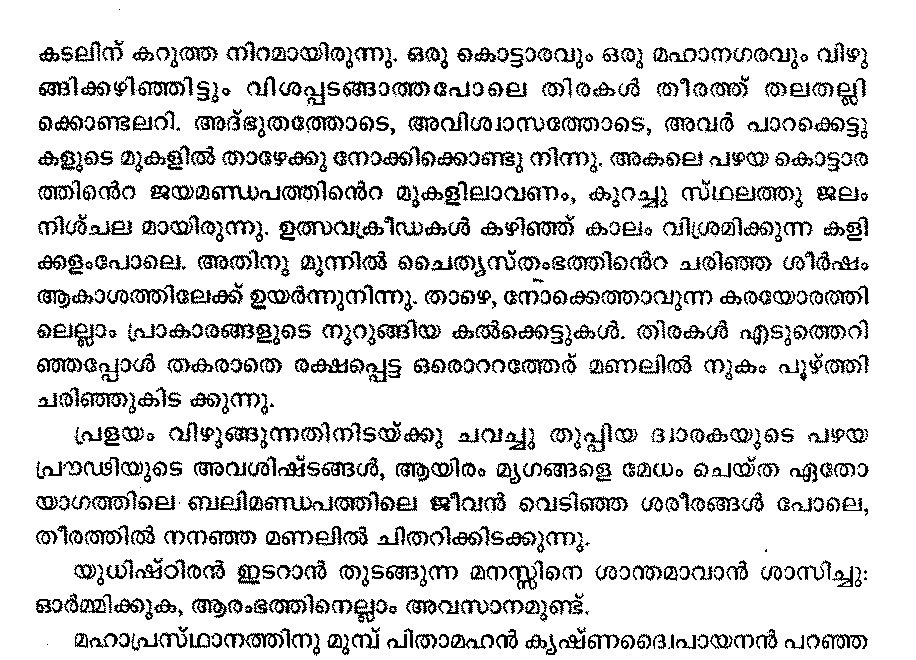

Types of literary fiction in prose are distinguished by relative length and include: The Internet is also used for the development of blog fiction, where a story is delivered through a blog either as flash fiction or serial blog, and collaborative fiction, where a story is written sequentially by different authors, or the entire text can be revised by anyone using a wiki. Countless forums for fan fiction can be found online, where loyal followers of specific fictional realms create and distribute derivative stories. The combination of inexpensive home computers, the Internet, and the creativity of its users has also led to new forms of fiction, such as interactive computer games or computer-generated comics.

Also, digital libraries such as Project Gutenberg make public domain texts more readily available. The Internet has had a major impact on the creation and distribution of fiction, calling into question the feasibility of copyright as a means to ensure royalties are paid to copyright holders. However, fiction may also encompass comic books, and many animated cartoons, stop motions, anime, manga, films, video games, radio programs, television programs ( comedies and dramas), etc. Traditionally, fiction includes novels, short stories, fables, legends, myths, fairy tales, epic and narrative poetry, plays (including operas, musicals, dramas, puppet plays, and various kinds of theatrical dances). Formats įurther information: List of fictional genres Despite the traditional distinction between fiction and non-fiction, some modern works blur this boundary, particularly ones that fall under certain experimental storytelling genres-including some postmodern fiction, autofiction, or creative nonfiction like non-fiction novels and docudramas-as well as deliberate literary frauds, which are falsely marketed as nonfiction. In contrast to fiction, creators of non-fiction works assume responsibility for presenting only the historical and factual truth. Characters and events within some fictional works may even exist in their own context entirely separate from the known physical universe: an independent fictional universe. Because fiction is generally understood to not fully adhere to the real world, the themes and context of a work, such as if and how it relates to real-world issues or events, are open to interpretation. Typically, the fictionality of the work is publicly acknowledged and the audience expects the work to deviate in some ways from the real world rather than presenting only factually accurate portrayals or characters who are actual people.

The creation of a work of fiction implies the construction of an imaginary world.


 0 kommentar(er)
0 kommentar(er)
